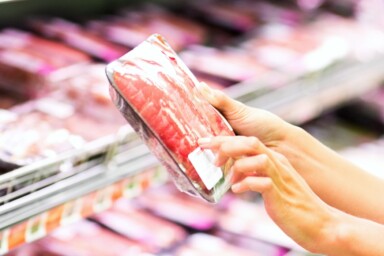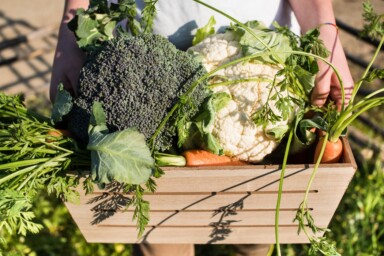Last week, the Trade Bill passed its second reading in the House of Commons and moved onto the committee stage. This legislation works to replace (or ‘roll-over’) trade agreements to which the UK is already committed via the EU and gives the Government powers to change domestic legislation to fulfil the obligations arising from these trade agreements. The Bill also aims to create the Trade Remedies Authority, which would be a public body that would aim to stop unfair competition from ‘dumped’ goods, when a foreign country purposely sells goods into the UK below market price, with the goal of undermining (or destroying) a domestic industry.
Of course, due to the coronavirus lockdown, the travel of the Trade Bill has been primarily virtual. Only Secretary of State for International Trade Liz Truss, Shadow Secretary for International Trade Emily Thornberry and Rt. Hon Liam Fox (who was previously Secretary of State when Theresa May was Prime Minister) spoke from the chamber itself. The rest of the MPs joined via video link, which made for an odd spectacle but lacked none of the incendiary rhetoric one might expect from a parliamentary debate. It was clear that the ongoing negotiations between the US and the UK to agree a free trade agreement was top of mind for many MPs. In fact, Truss referenced the US throughout her introductory remarks, even going as far as to quote President Reagan before stating clearly ‘our farmers and food producers stand to gain from a trade deal with the US’ and referencing the opportunities for lamb farmers and malt/barley producers.
The debate focused primarily on concerns around the lack of transparency in the Government’s approach to trade. Trade negotiations currently take place behind closed doors with little opportunity for parliamentary scrutiny – let alone the scrutiny of the public. Under the current system, Parliament has no oversight of the negotiations, nor can they vote to amend or halt a trade deal once it has been negotiated. The most Parliament is entitled to do is delay ratification. MPs from Scotland, Wales and Northern Ireland raised specific questions about the potential impact to devolved nations. Under the current Bill, the devolved administrations have no formal right to participate in the development of a UK-wide trade policy, despite the clear implications that future trade relationships will inevitably have for people and businesses in those regions.
To address concerns over the lack of scrutiny, the Trade Justice Movement has been arguing that the Bill needs to be amended to ensure that the whole negotiation process is done in the most transparent and democratic way possible. To ensure effective public and parliamentary scrutiny of trade deals, they want to see full and meaningful public consultation, including public hearings, on proposed negotiations and a full parliamentary debate as well as a vote on agreements before they come into force.
Many MPs referenced food standards and environmental protections as an example of why Parliament needs to have a greater voice in future negotiations. Civil society, the SFT included, has continually raised the potential impact that trade relationships can have on the environment. It is essential that the UK’s trade policy does not exacerbate the climate crisis and instead works to deliver a cleaner, more sustainable and resilient future, and that any future trade agreements are climate aware and compatible with net zero ambitions and make sustainability core in Government planning.
Many of the arguments around food standards that were raised in the debate on the Agriculture Bill, resurfaced in the Trade debate. The Agriculture Bill passed the House of Commons on 13thMay and has now moved into the Lords; it sets out a vision for the future of UK farming and food production that adopts high environmental and animal welfare standards. Its goal is to reward farmers for delivering public goods such as cleaner water, reduced GHGs and greater biodiversity. However, without a guarantee that a future free trade agreement will not allow imports of food that have been produced to a lower environmental standard, there is a huge risk that UK farmers could be undercut by cheaper imports. Large, industrial companies are able to produce food cheaply due to the differences in regulation and economies of scale. If these companies are suddenly allowed access to UK markets, industrial food could flood the UK without restraint and UK farmers would be unable to compete.
Consequently, there is a clear need for the Trade Bill to be amended, to provide a commitment that all agri-food imports meet the same high standards as domestic products in any future trade deal, in order to maintain a level playing field.
The Sustainable Food Trust, in coalition with other NGOs, will continue to push for this commitment from Government and will be working with MPs to support key amendments that would ensure that food imported into the UK meets the same high standards of domestic production.
Read more on the potential of a US/UK trade deal, here.
Read about what an Australia/UK trade deal could mean for the beef industry, here.
Photograph: Number 10.







